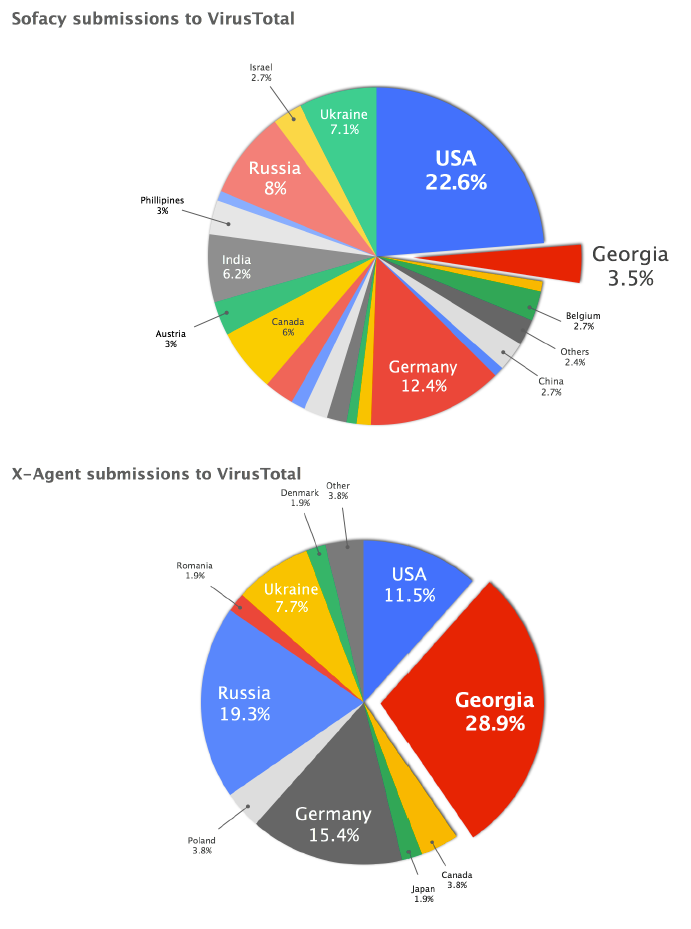Who is this Russian ambassador anyway? It is likely no coincidence that the Russian spy ship is presently off the coast of Florida as this post is about to be published either. We are watching this vessel as they are watching us. Moving on…
Ambassador Sergey Kislyak is a long time English speaking operative from the Kremlin who is called back to Moscow at any moment’s notice to confer with the Russian intelligentsia. Meanwhile, Ambassador Kislyak has been cultivating a network in Washington DC for many years and he makes the social government scene with regularity. In fact, Kislyak often made visits to the Obama White House where most recently he met with the former czar and still Obama advisor, John Holdren.
on the sofa bu.edu
The logs include which White House official hosted Kislyak each time he was cleared to visit. The hosts included are: Gary Samore, who was the senior National Security Council official on weapons of mass destruction during Obama’s first term (four visits); Robert Malley, who was Obama’s senior adviser on defeating the Islamic State (three visits); Lawrence Summers, who was Obama’s economic adviser (one visit); Michael Froman, Obama’s trade representative; Holdren (two visits); and the visitor’s office (four visits).
Kislyak was also listed in the logs an additional 12 times, but that was when there were between 180 and 3,000 other visitors also listed, such as for an event like a “holiday open house” or the “diplomatic corps reception.” More here.
***
Kislyak is an expert on arms control negotiations with a degree from the Moscow Engineering Physics Institute, Mr. Kislyak first served in the Washington embassy from 1985 to 1989 during the late Soviet period. He became the first Russian representative to NATO and was ambassador to Belgium from 1998 to 2003. He returned to Moscow, where he spent five years as a deputy foreign minister. He has told associates that he will leave Washington soon, likely to be replaced by a hard-line general. His name recently surfaced at the United Nations as a candidate for a new post responsible for counterterrorism, diplomats there said. Vitaly I. Churkin, the Russian ambassador to the United Nations, died last month and that post remains vacant. More here.
While we are in somewhat of a scandal due to several within the Trump team and later his administration as having meetings with Russian officials, there is quite a lot of hypocrisy in the matter as noted by the countless democrats who too have been in the frequent company of the ambassador. But to several wrongs go right when the republicans do the same? Actually, there should be more vetting and control along with messaging for the republicans as they are in full power of government. Why you ask?

It is said that Sergey Kislyak is not just the ambassador of record, but he is also the top boss and manager of the Russian diplomatic architecture in the United States as well as the marshal of the intelligence wing and espionage operations across our homeland as well. It is questionable as to why he too was not expelled last December by Obama or perhaps that would have caused even more relational strain between the two countries. Kislyak was born in Ukraine and he declares he is not Ukrainian but rather a Russian. Could he have been quite busy with passing intelligence during the time Russia annexed Crimea and is presently continuing military aggressions against Ukraine? Yes. There is a war in Ukraine.
Most places in eastern Ukraine are still overwhelmed with Russian propaganda, which is as much of a threat to Ukraine’s overall war effort as the tanks and artillery. In some places, there is still not a single Ukrainian broadcast TV channel available—they’re all beamed in from Russia and the two separatist territories.
The diffuse Russian propaganda taps into attitudes leftover from the Soviet era, including deeply held, latent fears about fascism, and distrust for the central government in Kyiv. Conspiracy theories about the intentions of the U.S., NATO, and western Ukrainians are also pervasive. More here.
Some within the CIA say that Kislyak is both a diplomat and a spy. It is important to add the fact that diplomats have immunity and it is great cover when the FBI is tasked with tracking communications and movement. This is for sure the reason that Barack Obama did not expel him last December. Russia has issued a complete denial he is a spy. Uh huh…
He is in fact a hardliner but has any government official outside of CIA paid attention?
Kislyak: Why do we need to provide assurances to the U.S. Congress? We provide assurances to the Russian parliament. So if the United States is interested in working with us in nuclear energy cooperation, that is fine. It is for the United States to decide what it is that it wants. If it wants to cooperate with us, the doors [for cooperation] are open. If we are asked to make our actions, our policies, reportable to the [U.S.] Congress in order for the U.S. to make decisions on cooperating with us, we are not interested in that kind of scheme. We are fully in compliance with our obligations, with our commitments. We have not violated any agreement with the United States or anybody else. Our cooperation with Iran is limited in the nuclear field to Bushehr. By the way, your president has welcomed the way we cooperate on Bushehr because a scheme for the project that was developed with the Iranians that is very reliable and provides an alternative, a visible alternative, to the need to develop an indigenous enrichment capability. Because we build the reactor, we provide the fuel, and we take it back.[18] This is the best way to provide access to nuclear energy and electricity derived from nuclear energy. It was also supported by Europe.
When it comes to the defense supplies you seem to be referring to, there are no inconsistencies with our obligations or the resolutions of the Security Council, because we do show restraint, and whatever we do is purely defensive and for deterrence. It is our policy, and it is reportable the Russian parliament and Russian people and not anybody else. If the United States is interested in working with us [in the field of nuclear energy], we will be more than ready to work together, but it needs to be based on mutual respect and the mutual respect of interests. I think there are all sorts of reasons why we could and should cooperate in this field because both of us can do a lot in order to promote nuclear energy. That is something that most probably for the coming 20-30 years will be the alternative of choice to fossil fuel, and I do not know of any other [alternative] source of energy that can be employable in the foreseeable future but nuclear energy. All other renewable energies are either in scarce supply or the technology has yet to be developed to the point where it becomes competitive.
So we will see, all of us, significant development of nuclear energy in a lot of countries, in yours as well. We also embarked on an ambitious program to expand nuclear energy production. Currently we have, I think, 16 or 17 percent of electricity produced in my country from nuclear energy sources, and we will expand it to 25 [percent] within maybe 15 or more years. It is an ambitious program. We are going to make it. At the same time, we have a lot of things that are of interest to your industries.
You might be interested in [our]technologies, so we are very much mutually complementary. But unless we have a bigger [legal] framework for that, there can be no reliable interaction between our respective businesses. If the United States wants to work with us, we would be more than willing to do so.
There is another initiative by the two presidents, and that is to develop alternative sources of nuclear energy for the rest of the world that are less prone to proliferation. We are offering the multilateral enrichment center and your president has launched the idea of the GNEP [Global Nuclear Energy Partnership].[19]




 Techviral
Techviral
 Russian embassy Washington DC
Russian embassy Washington DC

























